🚚 Free shipping on orders above ₹1000
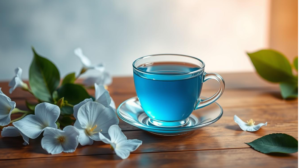
What Is Blue Tea? How Does It Help with Weight Loss?
Blue tea is becoming a hit in the health drink world. It’s a bright, caffeine-free drink made from butterfly pea
🚚 Free shipping on orders above ₹1000
🚚 Free shipping on orders above ₹1000
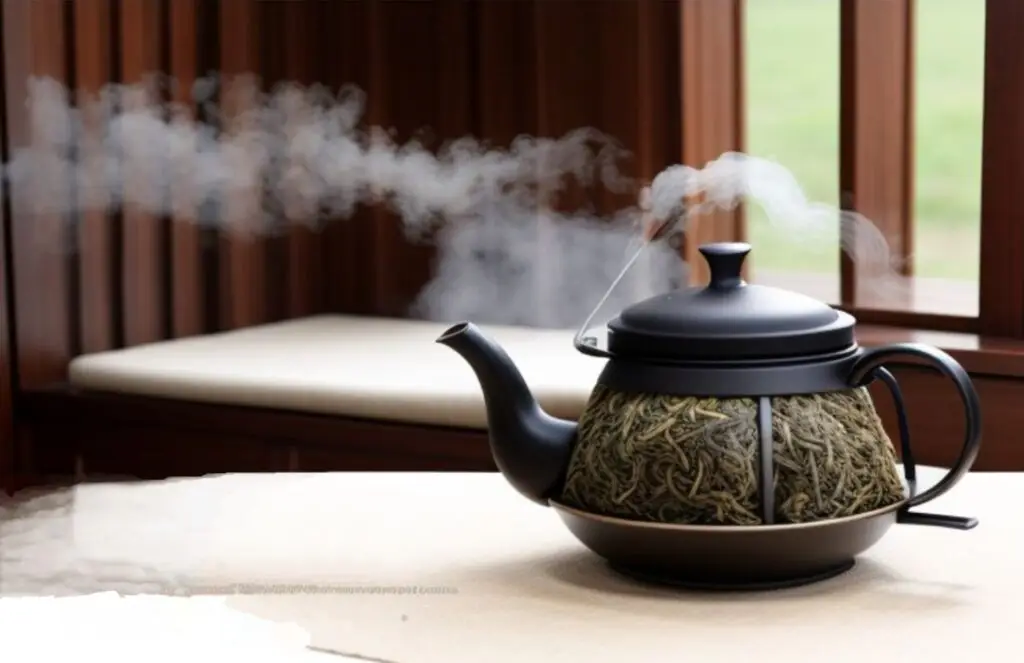
Tea is more than simply a drink; it’s a worldwide phenomenon with deep cultural roots. From the tranquil Japanese tea gardens to the busy Indian markets, tea has evolved beyond its role as a simple beverage to become a ritual, a social gathering, and a way of life. In order to show you how this humble leaf has woven itself into the fabric of many cultures, this article will take you on a hot journey through some of the most fascinating tea traditions found throughout the world.
The Japanese tea ceremony, or “Chanoyu,” is a lovely and calm ritual that places a strong emphasis on aesthetics, hospitality, and mindfulness. This ritual, which has its roots in Zen Buddhism, combines profound significance with simplicity in a harmonic way.
An essential part of the ritual is preparing matcha, which is a finely ground green tea. The host meticulously makes the tea using special tools including the chawan (tea bowl), chasen (bamboo whisk), and chashaku (tea scoop). Every motion is intentional and symbolic, representing the values of peace, harmony, decency, and purity.
The ritual is a meditation exercise that teaches participants to be mindful of the present moment and recognize the beauty in simplicity. It is not only about sipping tea. Every symbolic action, such as washing the cutlery or setting the tea, is a part of an ingrained custom that honors awareness and community.
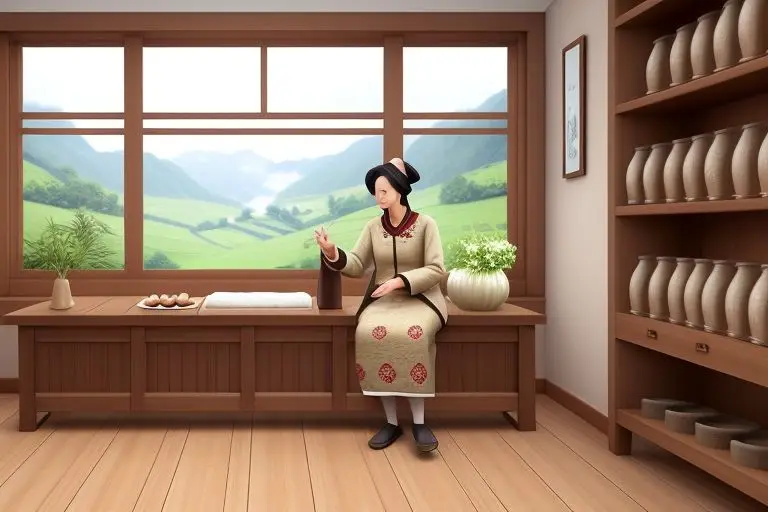
In England, afternoon tea is not simply a quick snack but a beloved social custom that originated in the 1800s. After being introduced by Anna, the Duchess of Bedford, afternoon tea swiftly gained popularity among the upper classes of British society.
Afternoon tea, which is usually served from 3:30 to 5 PM, consists of a variety of small finger sandwiches, scones with jam and clotted cream, and cakes and pastries. The tea itself is typically served with milk and sugar and is a strong black tea, such as Earl Grey or Darjeeling.
Afternoon tea etiquette is just as sophisticated as the occasion itself. Everything about this beautiful tradition, from the proper method to hold a teacup to the order in which food is eaten, adds to its elegance and appeal. Afternoon tea is still a popular British past time, whether it is taken at a stately hotel or a quaint tea parlor.
Chai is more than simply a beverage in India; it’s a cozy, welcoming ritual that penetrates everyday existence. In Indian cities, “chaiwalas,” or tea vendors, are a common sight. They provide a hot, fragrant break from the bustle.
Traditionally, cardamom, cinnamon, ginger, cloves, and black pepper are brewed with black tea to make chai. A rich and tasty beverage is made by combining this spiced tea with milk and adding sugar to sweeten it.
Every Indian locale has an own take on chai. In Assam, home to some of the best tea in the world, chai is often bolder and heartier. On the other hand, Mumbai’s well-known “cutting chai” is a stronger, more compacted portion that’s ideal for an instant energy boost.
The digestive advantages of ginger and the anti-inflammatory qualities of cardamom are only two of the well-established health benefits of the spices used in chai. Chai, whether consumed at a roadside stand or in the comfort of one’s own home, is a representation of coziness, friendliness, and custom.
The allure of tea is ubiquitous, and the customs around it are as varied as the civilizations that value it. Let’s examine a few distinctive tea customs from throughout the globe.
In Turkey, social interactions and hospitality revolve around tea. Turkish tea is served in tiny tulip-shaped glasses and is sweet and powerful, sometimes with a sugar cube added. Offering tea is a fundamental aspect of Turkish culture, as it is a sign of friendship and hospitality.
Moroccan mint tea, also known as “atay,” is a fragrant and reviving tea made with green tea, sugar, and fresh mint leaves. In order to create a frothy “crown” on the tea, the tea is prepared in an artistic manner. Offering mint tea is a sign of welcome and is frequently accompanied by animated chatter.
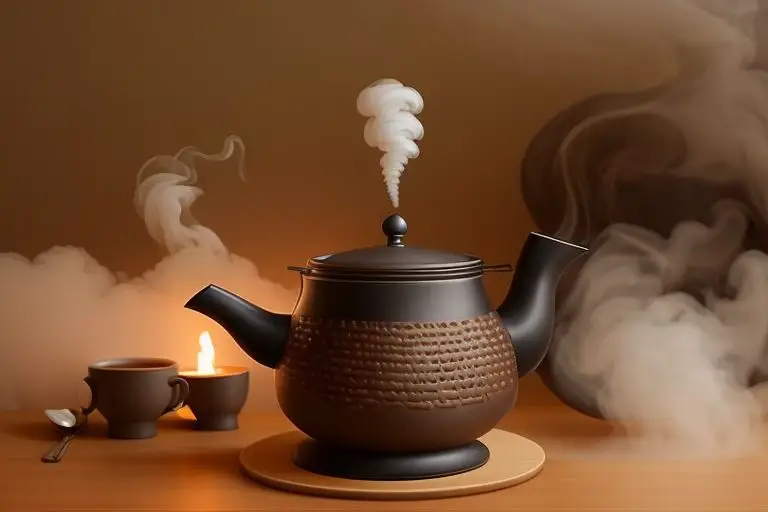
In Russia, samovars—traditional urns that heat water and brew tea concentrate—are frequently used to brew tea. The tea, called “zavarka,” is diluted with hot water from the samovar and served in little glasses. Making tea this way is a social occasion that unites friends and family in a warm, welcoming environment.
We have traveled across continents on this hot adventure, demonstrating the richness and diversity of tea cultures around the world. Tea has been woven into the fabric of human connection and cultural identity from the busy chai shops of India to the contemplative practice of matcha in Japan.
This investigation only scratches the surface of the enormous universe of tea. Numerous customs, brewing techniques, and taste combinations are just waiting to be explored. Thus, the next time you lift a steaming cup, stop and consider the diverse range of cultures that this one little leaf has united. It’s possible that you’ll get motivated to start your own tea custom, which will link you to the international tea community and represent your personal story.
Grown in Northeast India’s verdant valleys, Assam tea is known for its vibrant color and strong flavor. Tea from this region has a deep, malty taste that goes well with a strong cup of chai or a traditional English breakfast tea because of its distinct climate and fertile soil.
You’re in luck if you’re in Bangalore and want to sample the greatest Assam tea. Bangalore has many possibilities for finding Assam tea, whether you’re looking for Kesari tea, premium Assam tea, or even Assam green tea. Specialty tea businesses and internet retailers in Bangalore offer high-quality Assam tea.
When selecting Assam tea, choose for organic types devoid of chemicals and pesticides. A more flavorful brew is guaranteed by using high-quality Assam tea leaves, which are typically entire or broken rather than dusty. You’ll discover that each type of Assam tea, whether you favor black or green, delivers a distinctive flavor.
If you’re interested in trying Assam tea, think about getting it from reliable suppliers. Purchase Assam tea online in India to discover the best Assam tea brands available in Bangalore. Every tea enthusiast can find something they enjoy in Bangalore, from Kesari Assam tea to Assam organic tea.

Blue tea is becoming a hit in the health drink world. It’s a bright, caffeine-free drink made from butterfly pea
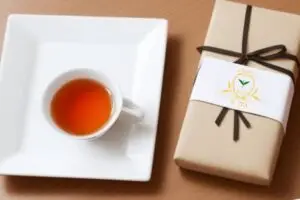
In India’s dynamic cities like Bangalore and Mumbai, fostering strong business connections is crucial for success. Corporate gifting plays a

Uncover the rich tradition of Assam tea, where it’s more than a drink, it’s a way of life. Renowned for
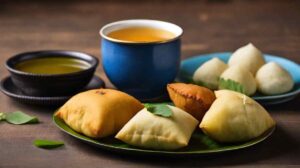
Tea Pairings for Bangalore’s Favorite Street Food Bangalore, the heart of India’s tech industry, is also a haven for delicious
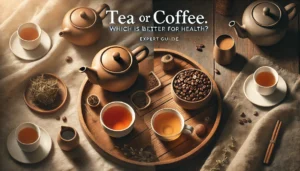
The debate between tea and coffee lovers is ongoing. It’s time to examine the health benefits of these popular drinks.
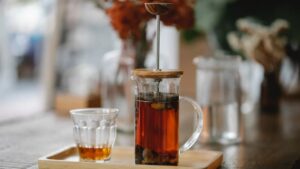
A Comprehensive Exploration of Tea Varieties and Unique Flavors with IC Tea Are you a tea aficionado seeking to elevate

As consumers become more environmentally conscious, the demand for organic tea has seen a significant rise. Choosing to buy assam

As the summer season approaches, many are seeking refreshing beverages to quench their thirst. Iced teas have emerged as a
